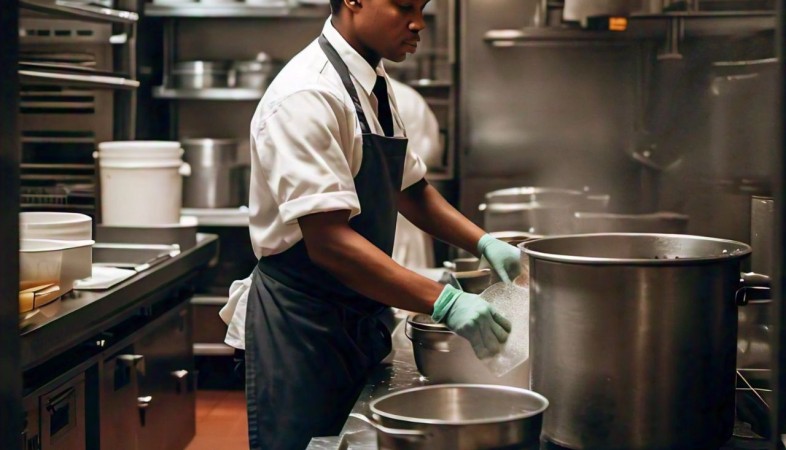SHARE
Commercials
More Posts
Jun 20, 2025
The Impact of Social Media on Restaurant Popularity
Jul 03, 2025
How Front Desks Handle Guest Complaints Effectively
Jun 17, 2025
Rose Petal Jam Gulab Jamun - By Chef Rajat Ranjeet
Feb 19, 2025
Dhokla Chicken Tikka Sandwich - By Chef Hardev Singh
Jun 20, 2025
The Impact of Social Media on Restaurant Popularity
Jul 03, 2025
How Front Desks Handle Guest Complaints Effectively
Jun 17, 2025
Rose Petal Jam Gulab Jamun - By Chef Rajat Ranjeet
Feb 19, 2025
Dhokla Chicken Tikka Sandwich - By Chef Hardev Singh
Jun 20, 2025
.png)




























